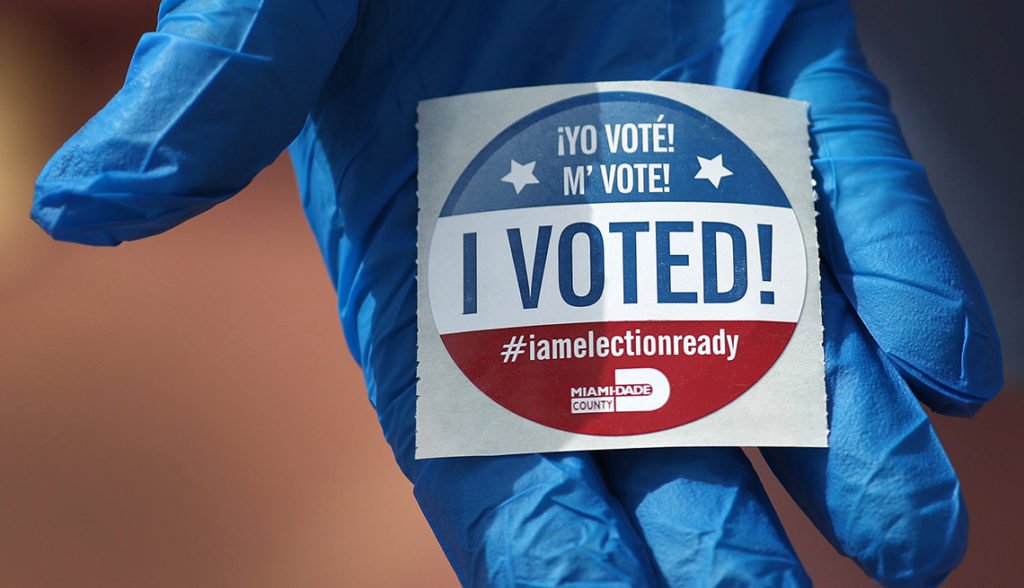
New Election Day Requirements for Schools and Local Governments Are Here
Sep 1, 2020
Share to:
In June, Governor Pritzker signed Public Act 101-0642 into law, creating a number of requirements aimed at helping the state prepare for holding the 2020 General Election in the midst of the COVID-19 pandemic. The new provisions include changes relevant not only to election authorities (that is, county clerks and boards of election commissioners), but also to schools, colleges, and other government offices.
Anticipating a shortage of election judges, Public Act 101-0642 makes several changes to state law aimed at encouraging students to serve in that role. In addition to specifically mandating that Election Day will be a school holiday, the law provides that election judges may be as young as 16 if they are otherwise qualified. Both schools and colleges must also publish online notice and notify their students about the opportunity to serve as an election judge, as well as the qualifications for serving.
The legislation also makes November 3, 2020 a state holiday and provides that “[a]ll government offices, with the exception of election authorities, shall be closed unless authorized to be used as a location for election day services or as a polling place.” Based in part on several provisions that target schools and colleges and do not mention municipalities, the Illinois Municipal League has filed a lawsuit seeking a court’s judgment about whether other local governments must also be closed.
Finally, Public Act 101-0642 also provides that election authorities must comply with any early voting or health and safety practices provided to them by the Illinois Department of Public Health (IDPH). Last week, IDPH released its four-page “COVID-19 Guidance for Election Polling Places,” which requires each election authority to develop a written COVID-19 prevention plan. The election authority’s plan must designate an individual to ensure its implementation and must contain specific safety instructions and training, including for cleaning and disinfection protocols, physical distancing measures, poll worker behavior, and procedures to ensure compliance during the entire polling process.
The IDPH guidance also provides detailed requirements and considerations regarding the physical environment for polling locations, the use of shared objects, preventative actions for poll workers, face coverings, and interactions with voters. While an election authority must have signage encouraging the use of face coverings and make a supply of face coverings available for voters who arrive without them, it is “prohibited from preventing a noncompliant voter from casting a ballot for refusal to wear a face covering.”
If you have any questions about new requirements for Election Day, please contact your Robbins Schwartz attorney.
